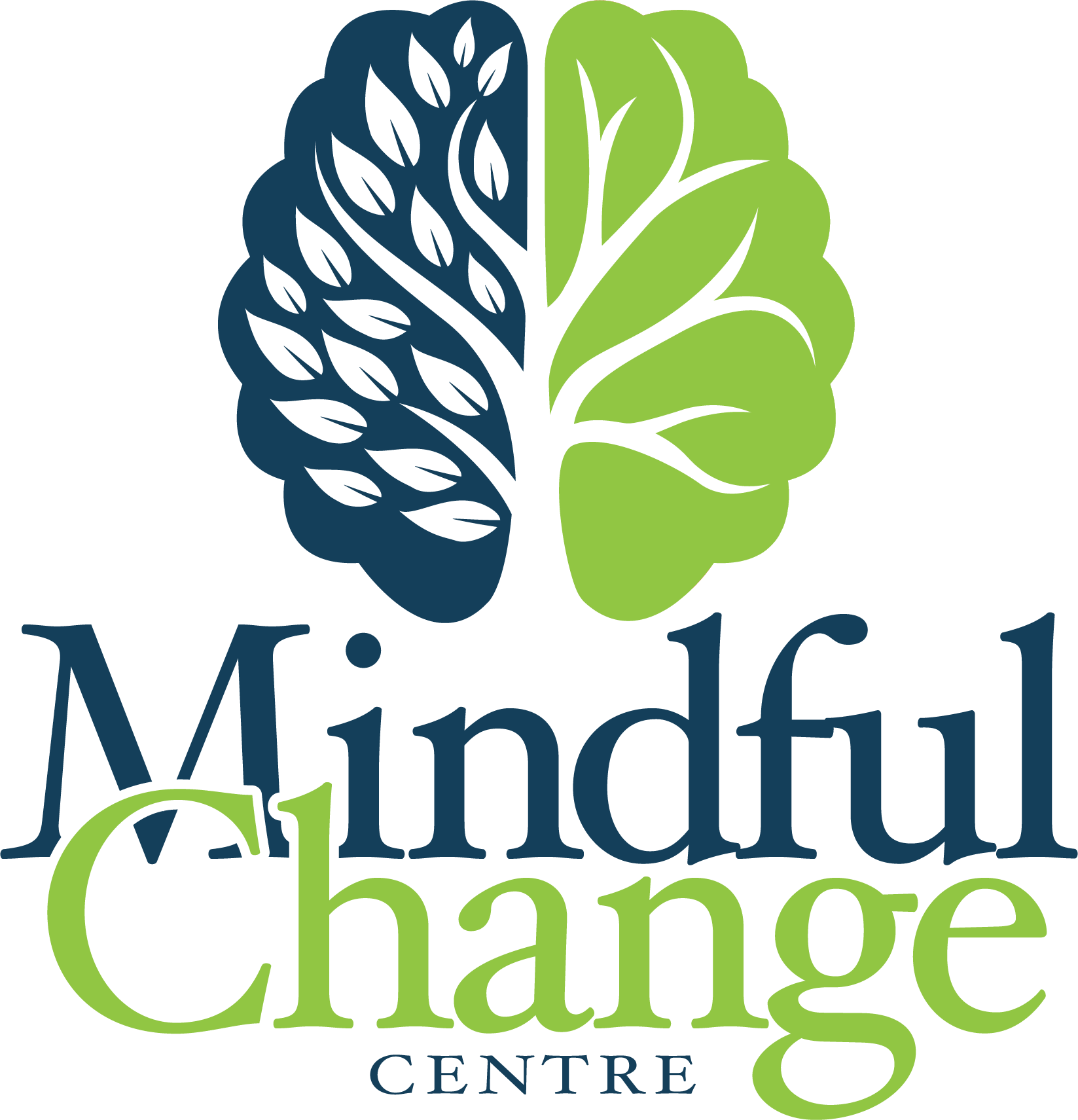Have you ever wanted to tell someone what they should or shouldn’t do and then either been told or wondered if you’re judgmental?
Sometimes it’s as simple as thinking someone in your life would have it easier if they were making the choices you think they should. Other times, it’s less innocent. Either way, you’re judging another person.
It’s none of your business how someone else lives her life. Her choices are about her and not you. And yet, sometimes your thoughts pick away at someone else. It happens to all of us.
Why does it happen and how can it help you?
The tough-love truth is that we’re judgmental towards another because we like drama or we’re afraid.
And most of the time, we’re afraid. There’s the subtle undercurrent of, “If there’s more than one way to do something, how do I know if I’m getting my life right? And if I’m not doing it right, will I be abandoned, unloved, or face scary consequences?”
First, it’s important to know that if you’re behaving with kindness and are happy, you’re getting your life right in the truly important areas. If not, there might be some personal work for you to do.
Next, you can use the times when you’re judging someone else as an indicator that it’s time for a self-checkup about the subject matter that’s bringing out judgmental tendencies in you.
Judgment isn’t reality. It keeps you from being present and creates drama that muddies your world—sometimes in a way that helps you avoid the real issue—and, like it or not, that issue deals with you and your life.
When you’re judging another person (or even yourself), you’re highlighting an area where you need more practice at being loving and supportive.
Are there exceptions?
If you need to walk through an alley and someone enters at the other end and flashes a gun or knife, it’s okay to be judgmental. Doing so is likely to save your life.
But if what you’re judging isn’t directly a life or death matter, ask yourself why you’re choosing to be judgmental.
If that question leads to identifying something you’re afraid of, either work through or seek help to work through those fears.
If you need ideas about what’s causing your fear, Same Shit Different Day includes a chapter specifically about fear and offers exercises to help you deal with it.

